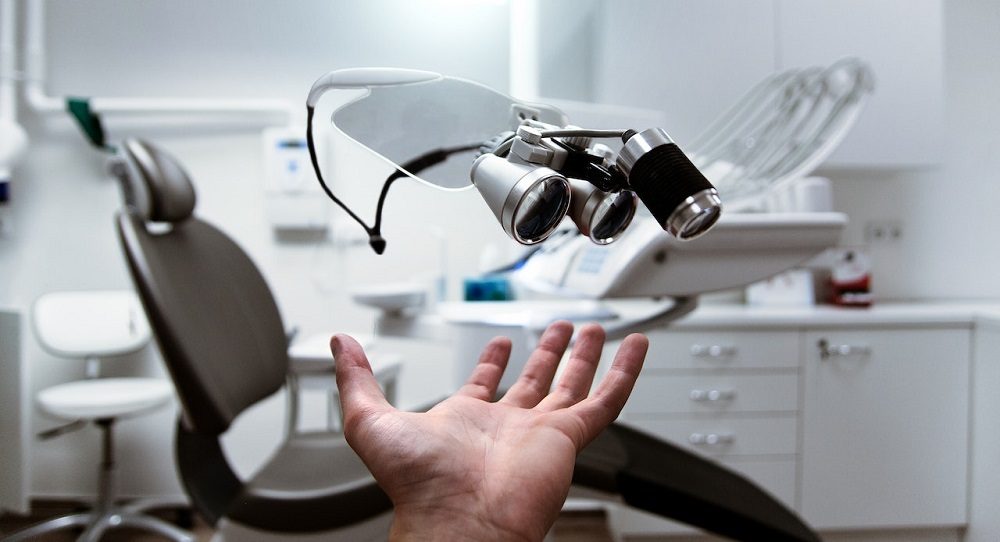
The Future of the Healthcare Industry

As technology continues to evolve at an unprecedented pace, the realm of healthcare stands on the cusp of a remarkable transformation. Over the next 50 years, we can anticipate many changes that will reshape how we approach healthcare, from diagnostics and treatments to patient experience and system efficiency.
This article delves into the potential avenues through which healthcare might undergo a dramatic metamorphosis, offering a glimpse into the future of medicine.
Personalized Medicine and Genetics
In the coming decades, healthcare is poised to take a significant leap toward personalized medicine. Advances in genetics and genomics are likely to unlock a deeper understanding of individual health profiles, enabling tailored treatments that cater to an individual’s genetic makeup.
Precision medicine will become the norm, allowing doctors to predict disease susceptibility, design targeted therapies, and determine optimal medication dosages, minimizing adverse effects and maximizing treatment efficacy.

Vladimir Srajber/ Pixabay | Developments in technology are moving forward rapidly
Artificial Intelligence (AI) and Machine Learning
Integrating AI and machine learning into healthcare will revolutionize diagnostics and decision-making processes. AI algorithms can analyze vast amounts of patient data, assisting physicians in making accurate diagnoses and treatment recommendations.
AI will enhance medical accuracy, efficiency, and patient outcomes, from radiology and pathology to drug discovery and clinical trial design. Chatbots and virtual health assistants will become integral to patient care, offering immediate medical advice and support.
Telemedicine and Remote Monitoring
The convenience and accessibility of telemedicine will continue to expand, particularly in remote or underserved areas. With high-speed internet, patients will consult with doctors through video calls, receive prescriptions, and access medical advice without leaving their homes.
Remote monitoring devices will become more sophisticated, allowing continuous tracking of vital signs and health metrics, leading to earlier detection of health issues and more proactive interventions.

Anna Shvets/ Pixabay | By 2050, medical advances will eradicate many diseases and allow people to live longer
Nanotechnology and Microbots
Nanotechnology holds tremendous potential to transform medical interventions. Microscopic robots or “microbots” could be used for targeted drug delivery, precision surgeries, and even in vivo diagnostics. These tiny marvels could navigate through the bloodstream, locating and treating illnesses at the cellular level, thereby minimizing invasiveness and side effects.
3D Printing in Healthcare
3D printing technology will usher in a new era of customized medical devices, implants, and organs. Surgeons may be able to fabricate patient-specific implants, optimizing compatibility and reducing the risk of rejection. In the long run, this technology could revolutionize organ transplantation, potentially eliminating the need for waiting lists and the risk of organ rejection.
Enhanced Data Interoperability
The healthcare industry is on the verge of overcoming its notorious data silos and interoperability issues. In the next 50 years, improved data sharing and integration will enable seamless communication among various healthcare systems, leading to a more holistic view of patient’s medical histories. This interconnectedness will improve care coordination, reduce medical errors, and enhance patient safety.

SciDev/ Pixabay | Well-being technologies, data-informed personalization, and climate change will become key drivers for the development of medicine
Longevity and Aging
Advancements in healthcare are expected to contribute to increased life expectancy. With a focus on preventive medicine, early disease detection, and innovative treatments, individuals may enjoy healthier and more vibrant lives as they age. Geriatric care will evolve to cater to an aging population, ensuring the elderly maintain their quality of life and independence for longer durations.
Ethical and Regulatory Challenges
As healthcare transforms, new ethical and regulatory challenges will emerge. The responsible use of AI, patient data privacy, and equitable access to advanced treatments will require careful consideration. Striking a balance between technological innovation and ethical concerns will be paramount to ensure that healthcare transformations benefit all segments of society.
Climate and Global Health
The following 50 years will witness an increased emphasis on the interconnectedness between climate change and global health. Healthcare systems will likely adopt sustainable practices to minimize their environmental footprint. Additionally, global collaboration and preparedness will be crucial in addressing emerging health threats as infectious diseases evolve.
More in Life Hacks
-
`
Meditation Expert Shares 5 ‘Happy Hacks’ to Bring More Joy Into Your Day
Americans are more miserable than ever, and that is not just a feeling. Data backs it up. Even if you are...
May 9, 2025 -
`
A Peek Into the Chic Looks From Coachella 2025
Coachella 2025 just wrapped up. And if you were expecting flower crowns and fringe vests, think again. This year flipped the...
May 3, 2025 -
`
How to Combat the Current Stock Market Chaos
Market chaos can make even the calmest investor feel like jumping ship. Stocks fall, headlines scream, and suddenly everything feels urgent...
April 25, 2025 -
`
The Top 5 Benefits of Cooking With Kids Most Parents Don’t Know
Cooking with kids doesn’t just keep them busy. It is a game-changer with numerous benefits. The kitchen becomes a classroom, a...
April 18, 2025 -
`
How to Be Happy in Life? 5 Mindfulness Practices to Try
Mindfulness is a real way to feel better, live calmer, and enjoy life more. If you have been wondering how to...
April 12, 2025 -
`
Elon Musk’s Estranged Daughter Vivian Wilson Slams Dad As “Pathetic Man-Child” in Tell-All Interview
Vivian Wilson is not just Elon Musk’s estranged daughter anymore. She has become one of his boldest critics. In a new...
April 4, 2025 -
`
Trump Slams ‘Tesla Takedown’ Protesters as ‘Domestic Terrorists’ Amid Growing Unrest
President Donald Trump is calling out violent protesters targeting Tesla, branding them “domestic terrorists” and warning that they will face severe...
March 27, 2025 -
`
Everything We Know About the 14 Kids of Elon Musk
Elon Musk, the billionaire behind Tesla and SpaceX, is not just building rockets. He is also raising a large family. Musk...
March 21, 2025 -
`
5 Ways Meditation Can Help Improve Your Life After 40
Aging comes with its fair share of challenges, but it also brings wisdom and a deeper appreciation for life. If you...
March 14, 2025















You must be logged in to post a comment Login